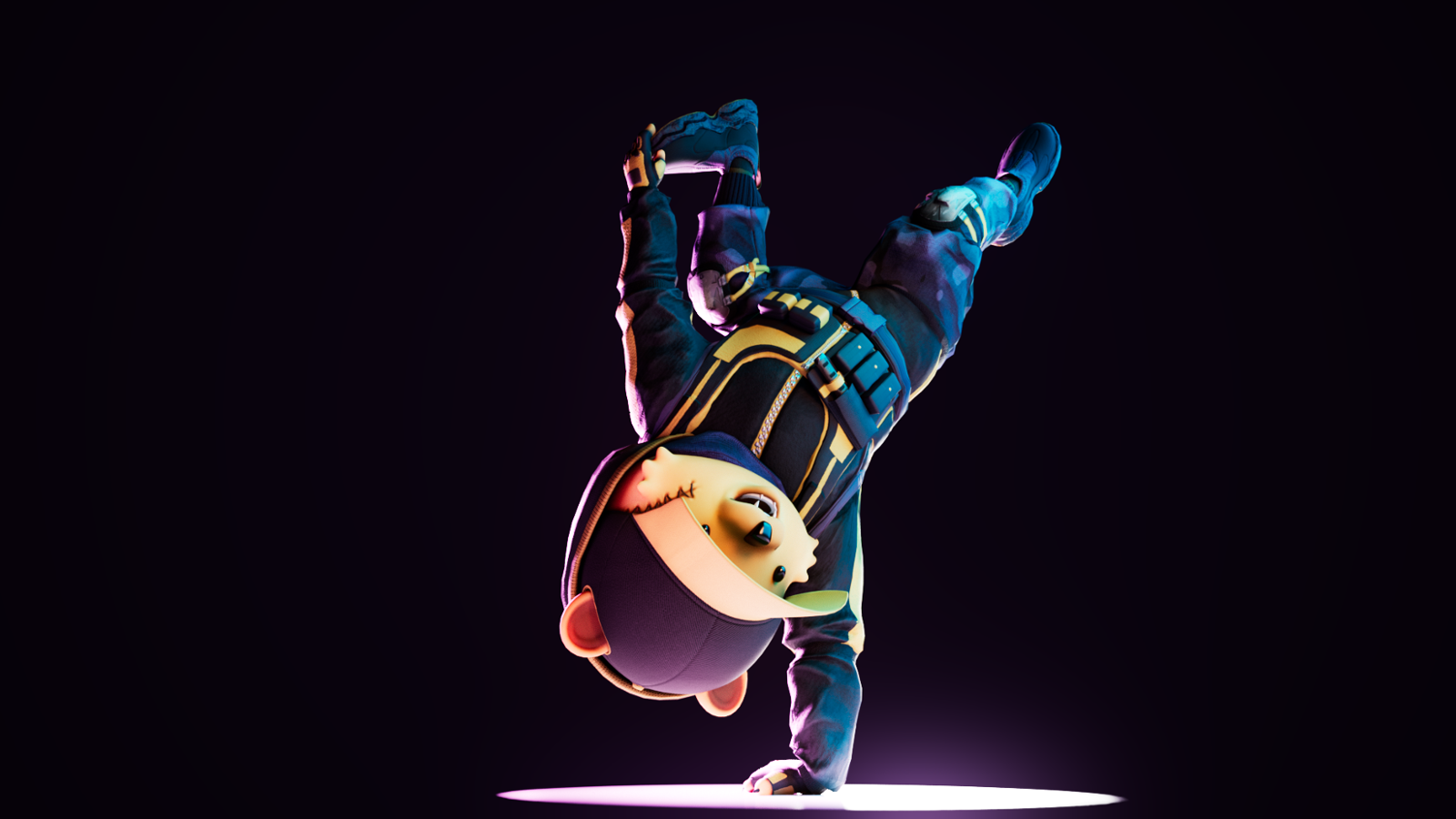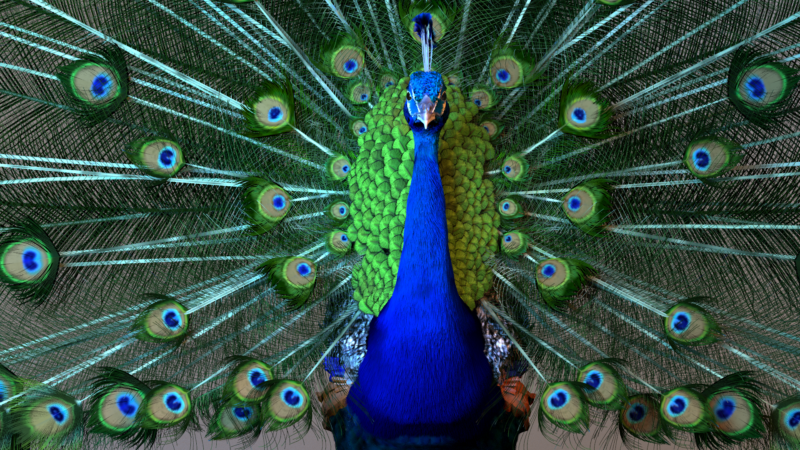Semester Overview
3D Digital Artist Semester Breakdown
A detailed overview of the 3D Digital Artist education semesters. You can click into each semester to learn more.- Semester 1
- Semester 2
- Semester 3 & 4
- Semester 5
- Semester 6
- Semester 7

Semester 1
Your first semester introduces the fundamental subjects within 3D pipeline such as modeling, texturing, lighting, simulation, rigging, simple animation, rendering, as well as pre and postproduction. There are no exams in the 1st semester.
This semester focuses both on technical and artistic challenges you may face in a production scenario. This encourages a problem-solving and reflective approach to production.
3D Basics
- Box modelling
- Texturing
- Lighting
- Simulation
- Rendering
- Basic production workflow
- Drawing
- UV/Texturing
Style Matching
- Concepting
- Modelling
- Texturing
- Render
- Lighting
- Compositing
Game Character
- Concepting
- Sculpting intro
- Soft surface modelling
- Rigging
- Posing

Semester 2
In this semester you build on your foundation and start to use these skills in the service of narrative. Specifically game worlds and animation short films.
Starting with character animation, you learn the fundamental skills for understanding and animating characters.
You then move onto the Unreal engine to lean how to produce an effective narrative environment. This includes understanding how to conceive, develop and produce effective virtual spaces as well as props, lighting and other design elements designed to lead players through a world, as well as a story.
Lastly students will learn to plan and oversee the production of a short film. The goals for the student are to learn how to utilise their theoretical knowledge, while working on a practical production course together with others, gain insight into the similarities, as well as the differences between producing a game and an animation. In game production the students are solely responsible for the entire pre-production, from concept and manuscript to story- board.
Animation I
- 12 principles of animation
- Texturing
- Posing
- Cycles
- Action animation
- Lip sync and dialogue
- Transfer acting reference to keyframe animation
World Creation
- Introduction to Unreal
Environmental Look Dev
- 3D game pipeline
- Pre-production
- Production
- Game Environment Design
- Game Level Design
- Environmental Storytelling
Short Film
- Animation pipeline
- Working with a director (possibly also a producer, scriptwriter, sound engineers etc.)
- Production
- Post-production
Exam
- Practical exam
- Oral exam

Semester 3 & 4
During this term we bring in highly specialised guest teachers from the industry to teach you several specialised subjects. The actual order of the subjects can change, as availability of industry professionals can affect the planning of the semesters.
Semester 3 and 4 aims to equip you with intermediate level knowledge and understanding necessary to their growing skills and project ambitions as a 3D artist in various stages of a production pipeline.
You explore and learn industry standard software packages and data pipelines necessary to not only work within a specific area, but also know how to pass work to someone else, and what to expect when work is given to you.
As with all our courses, this semester approaches this from a production, hands on approach, rather than a theoretical one.
During Semester 3 and 4 students also complete a new-technology project using augmented, or cross-reality technology, and a film project – often using external company’s IP.
The end of semester 4 has a mini-thesis exam, where you produce a piece of 3D work on a subject of your choice, and reflect on the processes us used to achieve that work.
Rigging
More advanced rigging techniques and (potentially) Python Scripting. Maya.
Animation II
Additional Animation education, with more focus on acting and storytelling. Maya.
Hair and Fur
Creation, grooming and rendering of digital hair and fur using X-Gen. Maya.
Procedural Art
Understanding and using simulation and procedural workflows. Houdini.
Shading, Lighting and Rendering
How render engines work, light theory, camera matching and creation of render layers for compositing. Maya.
Compositing
Combining rendered and other elements, correcting, and enhancing it for the finished result. Nuke.
XR Production
Group project work with the goal of learning about and creating an XR experience. Done in required XR software.
Sculpting
Additional sculpting techniques and functionalities for digital sculpting. ZBrush.
Anatomy for Sculpture
Education in human anatomy for the use in digital sculpting. ZBrush.
Film Project
Group work based on an external client’s project, for the students to develop and deliver on.
Exam
5 weeks individual or group project on chosen subject with a written report and oral defense. Done in software of own choice.
Semester 5
Game Production
In this term you participate in a group project to develop a larger scale game, relying on their growing specialist skills. You learn to work collaboratively in a interdisciplinary team, leaning on individual strengths, navigating group dynamics professionally, while working within designated roles to ensure a quality product is achieved. Soft skills are as important as hard skills in this project and this semester presents a strong opportunity to develop essential skills like interpersonal communication, group diplomacy, and being assertive.
At the end of this semester the student teams have their games published on a digital storefront so that anyone can play them.
Semester 6
Thesis
During the term, you work on a chosen subject from within the programme, identifying and immersing yourself in a single 3D Arts based project for the duration of the semester. This requires a greater level of independence as you plan, research, and build, to complete your project.
The thesis project is an independent project, but this process is supervised. Each student may meet with a subject expert as a mentor for up to 10 hours during term time, for formative feedback, and academic or practical guidance on their work.
Semester 7
Internship
You will intern in one or more relevant companies, enabling you to apply your skills in a professional environment. The semester is concluded with a hand-in of a showreel demonstrating your work.
